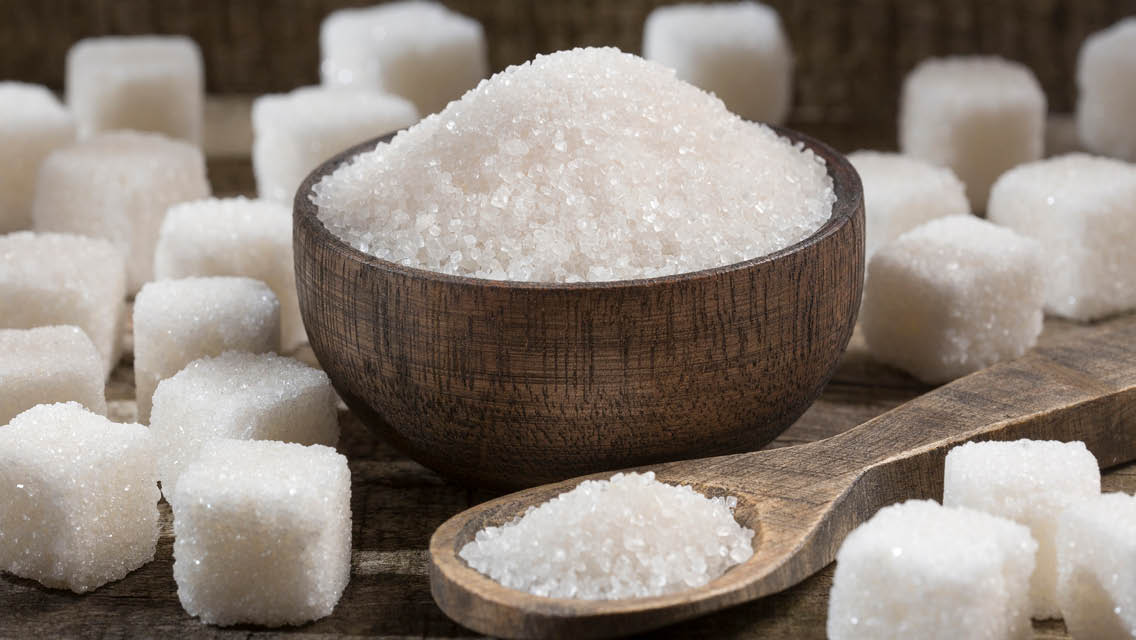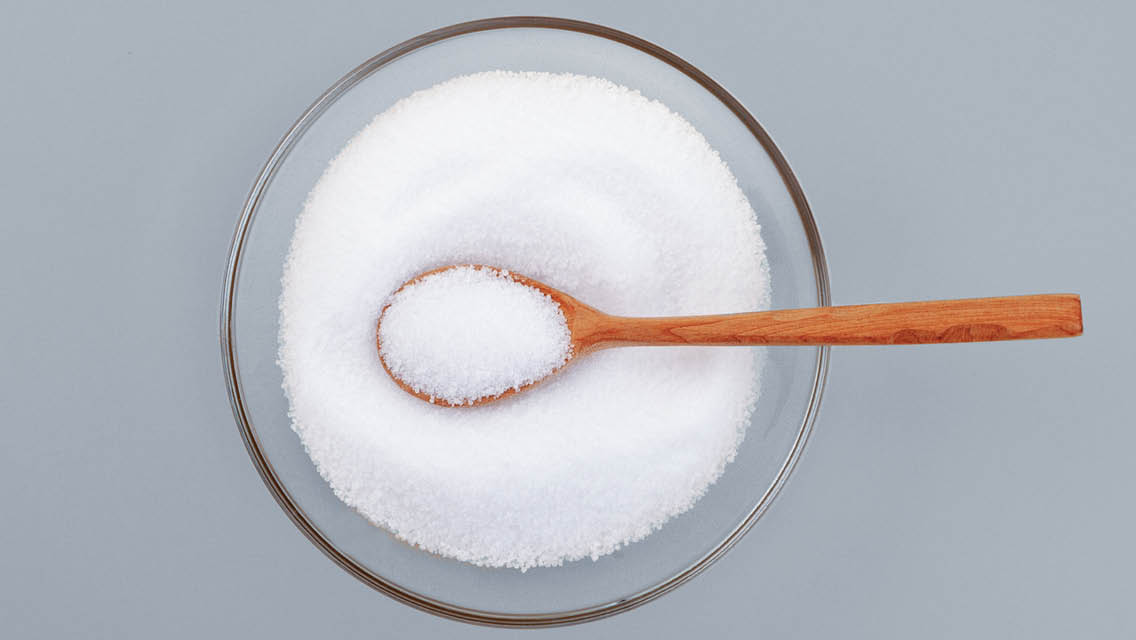While the top priority during treatment is to keep eating — you need to avoid excessive weight loss and muscle wasting — there are benefits to proceeding with a minimal reliance on sweets.
“In my mind, sugar is the No. 1 no-go,” says Donald Abrams, MD, integrative oncologist at the University of California San Francisco. “Too much sugar can lead to systemic inflammation and cancer growth.”
The connection comes down to insulin, which balances glucose levels in the blood. When glucose moves from the gastrointestinal tract to the bloodstream, insulin signals to the cells that glucose is available.
Cells take this signal as a positive cue to grow, explains Naama Kanarek, PhD, a professor at Harvard Medical School who studies cancer metabolism. “If a normal cell gets insulin’s signal that glucose is available, it acts like a normal cell, takes up a little glucose, and uses it.”
The problem is that cancer cells also respond to insulin’s call. “If a tumor cell gets that same cue,” she says, “the signal is translated into growth because that is what they do. Every cell has a function. Tumor cells proliferate — that is their function.” To reduce cancer cells’ growth, drugs were developed to directly inhibit this growth signal, and cutting back on sugar can help these drugs to discourage proliferation in tumor cells.
That said, you don’t want to overthink this — and an all-or-nothing approach is counterproductive, says Rebecca Katz, MS. “Nutritional analysis leads to culinary paralysis. [People] put themselves into flight-or-fight mode every time they think about food.”
“Food [as medicine] can be empowering,” she explains, “but when we start to get dogmatic it becomes a constraint instead of an expansion.” If you want to curb a sweet tooth, try swapping out refined-sugar treats for those sweetened by dates, maple syrup, or coconut.
Finally, she suggests that if you find yourself with homemade treats from friends and family from time to time, just enjoy them. They’re not poison.
“Don’t demonize any one food or nutrient,” she says. “Food can play a supportive role if you let it.”
This was excerpted from “Eating Well During Cancer Care” which was published in the November 2021 issue of Experience Life magazine.





This Post Has 0 Comments